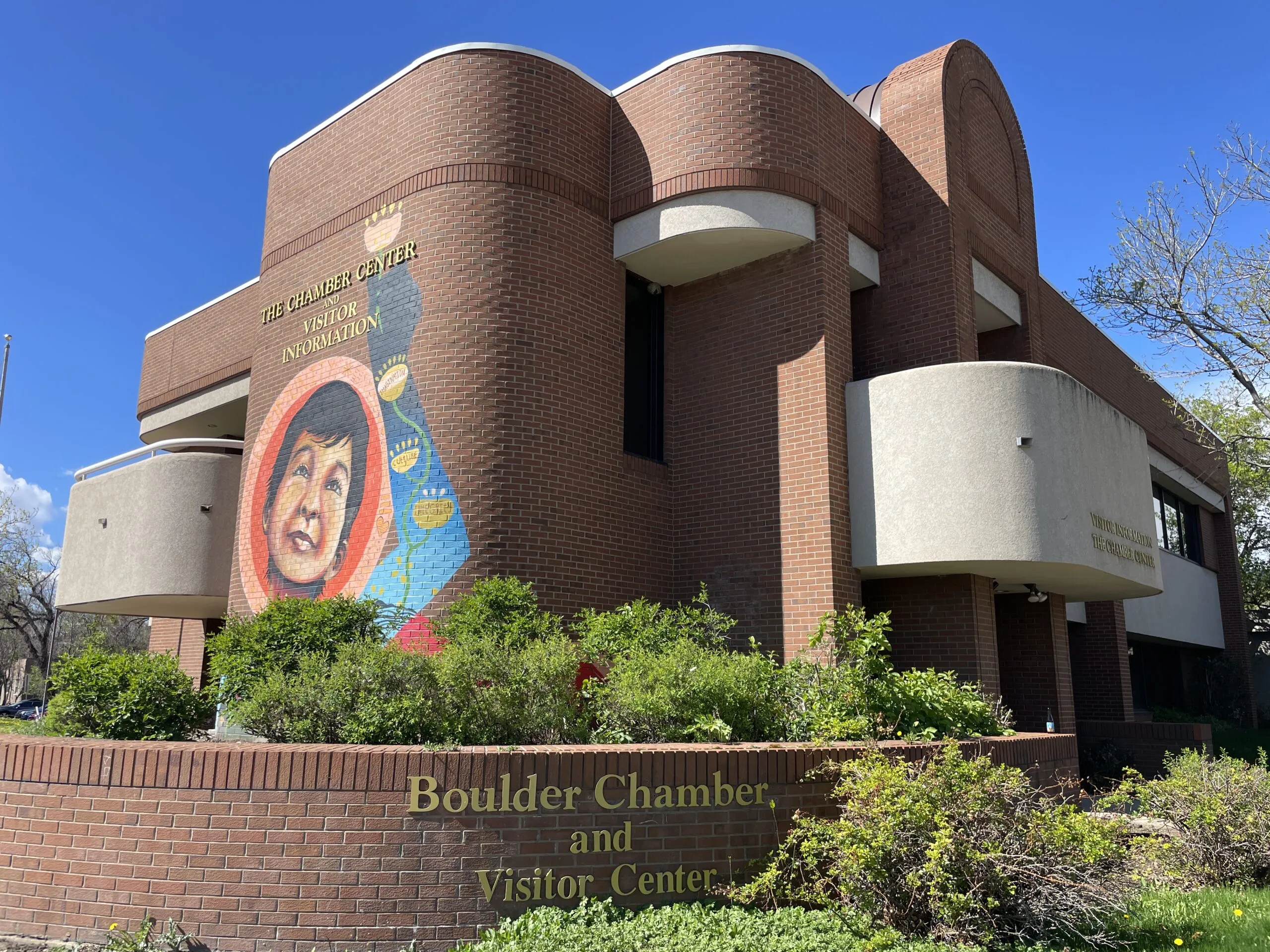Editorial: It’s time, past time, to raise the gas tax to fund transportation
Colorado voters will determine Nov. 5 whether to pass Proposition CC, which would allow the state to retain and spend excess revenues collected under the Taxpayer Bill of Rights, rather than refund such monies to voters.
Passage would create additional funding for K-12 education, higher ed and for transportation projects. The measure would make an estimated $264.3 million available in fiscal year 2020, to be divided equally in those three areas. Amounts in future years would depend on tax collections overall.
While BizWest has endorsed Prop CC — along with chambers of commerce in Boulder, Denver, Longmont and elsewhere — there is an inherent danger in public perception of how much of an effect Prop CC will have.
SPONSORED CONTENT
Most importantly, it won’t solve funding problems for critical needs in the state, and voters should harbor no illusion that it will.
Transportation, for example, suffers from a funding deficit of at least $9 billion, according to estimates from the Colorado Department of Transportation. So even a decade of extra transportation spending under Prop CC won’t solve the problem.
Another solution is needed: Address inherent flaws in the state’s gas tax.
Colorado’s fuel tax has remained at 22 cents per gallon for decades. That figure remains constant, even as gas prices fluctuate. And as vehicles become more fuel-efficient — a good thing — inherent flaws in the model become clear. Vehicles that are more fuel-efficient pay less in gas taxes, even though they might create the same wear-and-tear on roads. And fully electric vehicles or alternative-fuel vehicles currently pay nothing in gas taxes.
Legislators should endorse a bold idea: Raise the gas tax, even as they consider a road usage charge, or RUC, in the future.
CDOT in December 2017 completed a research study on a possible RUC. The four-month pilot study involved 150 participants from 27 Colorado counties. Participants tracked their mileage and reported on how much they would have paid vs. the gas tax. Some drivers would have saved money, while others would have paid more.
While the idea of an RUC is intriguing, the easier path would be to simply raise the gas tax, which would require voter approval. The infrastructure already is in place, collection is easy, and the state would benefit immediately by a substantial revenue stream to address its critical infrastructure needs.
In the future, as fully electric vehicles become more abundant, an RUC would make sense. But today, raising the gas tax is both practical and common-sense.
Colorado voters will determine Nov. 5 whether to pass Proposition CC, which would allow the state to retain and spend excess revenues collected under the Taxpayer Bill of Rights, rather than refund such monies to voters.
Passage would create additional funding for K-12 education, higher ed and for transportation projects. The measure would make an estimated $264.3 million available in fiscal year 2020, to be divided equally in those three areas. Amounts in future years would depend on tax collections overall.
While BizWest has endorsed Prop CC — along with chambers of commerce in Boulder,…


